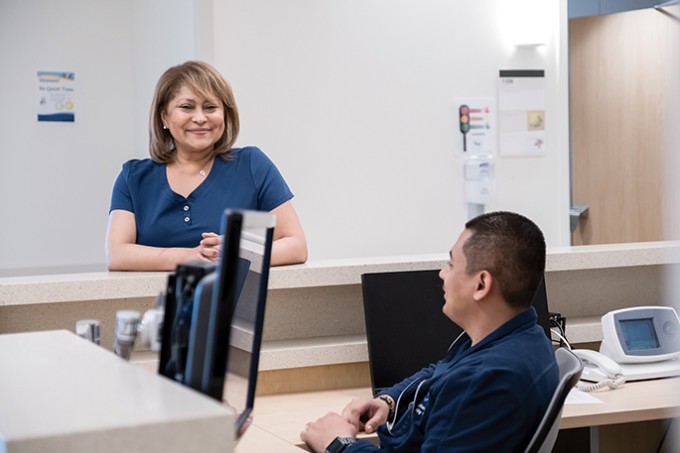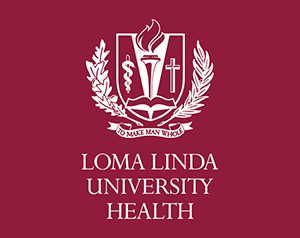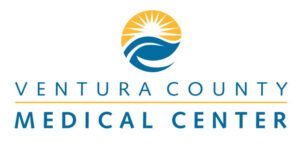My Specialty
Med-Surg Telemetry, Rita Calderon, MLK Community Hospital
Building a nursing team to care for an underserved community

Rita Calderon, RN
Medical-Surgical Telemetry Manager
MLK Community Hospital, Los Angeles
Tell us about the arc of your nursing career prior to MLKCH.
I began my journey in healthcare at the age of 15, when the L.A. Unified School District offered high school students who wanted to enter the healthcare field an opportunity to take a free LVN nursing program.
I took the boards prior to graduation and received my LVN license at the age of 18. I had to grow up very quickly, working with much older, more experienced colleagues and seeing the reality of life and death outside of textbooks. I tried many things. Maternal/child wasn’t for me, and neither was outpatient. In the ER, I saw lots of gang-related bullet and stab wounds, which was intense and started to make me cold, jaded and hardened — that is just not me!
I later became an educator, which I enjoyed a great deal, and worked 10 years in perioperative acute care. That was exciting because I could see the direct results of my one-on-one work with families and patients.
I only left that position because I fell in love with a surgical tech! He was in the same unit, so one of us had to transfer out so that we could continue to see each other. We’ve been married for 22 years now!
How did you move beyond charge nursing into leadership?
One day, out of the blue, my CNO approached me and asked me to take on the role of director of med-surg telemetry. My first response was, “No!” — I had no formal training in leadership. However, I couldn’t sleep that night because I felt very bad that I had refused this opportunity. Something told me I had to do it.
The next morning, I went back and agreed to take the position, despite my fear. My CNO was thrilled and promised to mentor me until I could fly on my own. But, you know what they say about the best laid plans … As soon as I took the job, my CNO went on a leave of absence. To make matters worse, The Joint Commission was coming within the next 30 to 60 days!
It was a very painful period for me. I had a dysfunctional unit and an unstable staff that relied too much on a revolving circle of registry nurses. I had to turn things around and fast. Whenever I wasn’t at the hospital, I was absorbing every book at Barnes & Noble that had anything to do with leadership. My staff pulled themselves together and we passed the Joint Commission survey with flying colors.
What drew you to MLKCH?
I started my career in East L.A., in a 122-bed community hospital very similar to MLKCH. After working in larger hospitals and more affluent areas, I realized that my skills and knowledge would be best utilized in communities that lacked quality healthcare.
What caught my attention about MLKCH was the community it serves. South L.A. has some of the worst health indicators in the nation. It has been medically underserved for years.
The MLKCH model of high-quality care, innovation, and health beyond the hospital walls is what continues to speak to me to this day. I believe so much in this mission that I’ve commuted 166 miles a day, five days a week, for the past five years!












